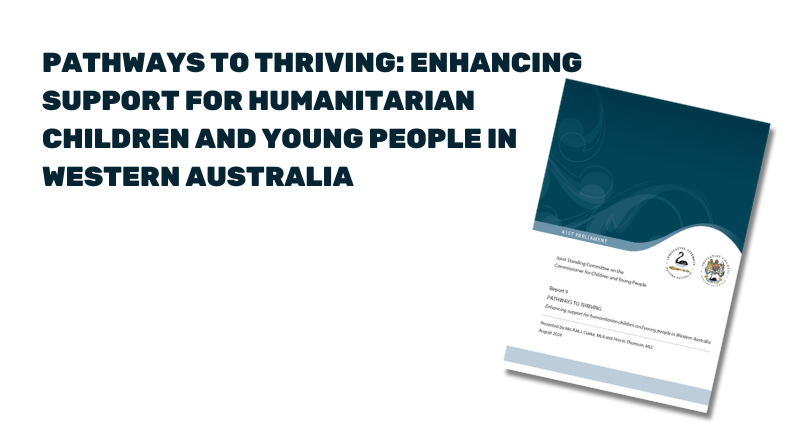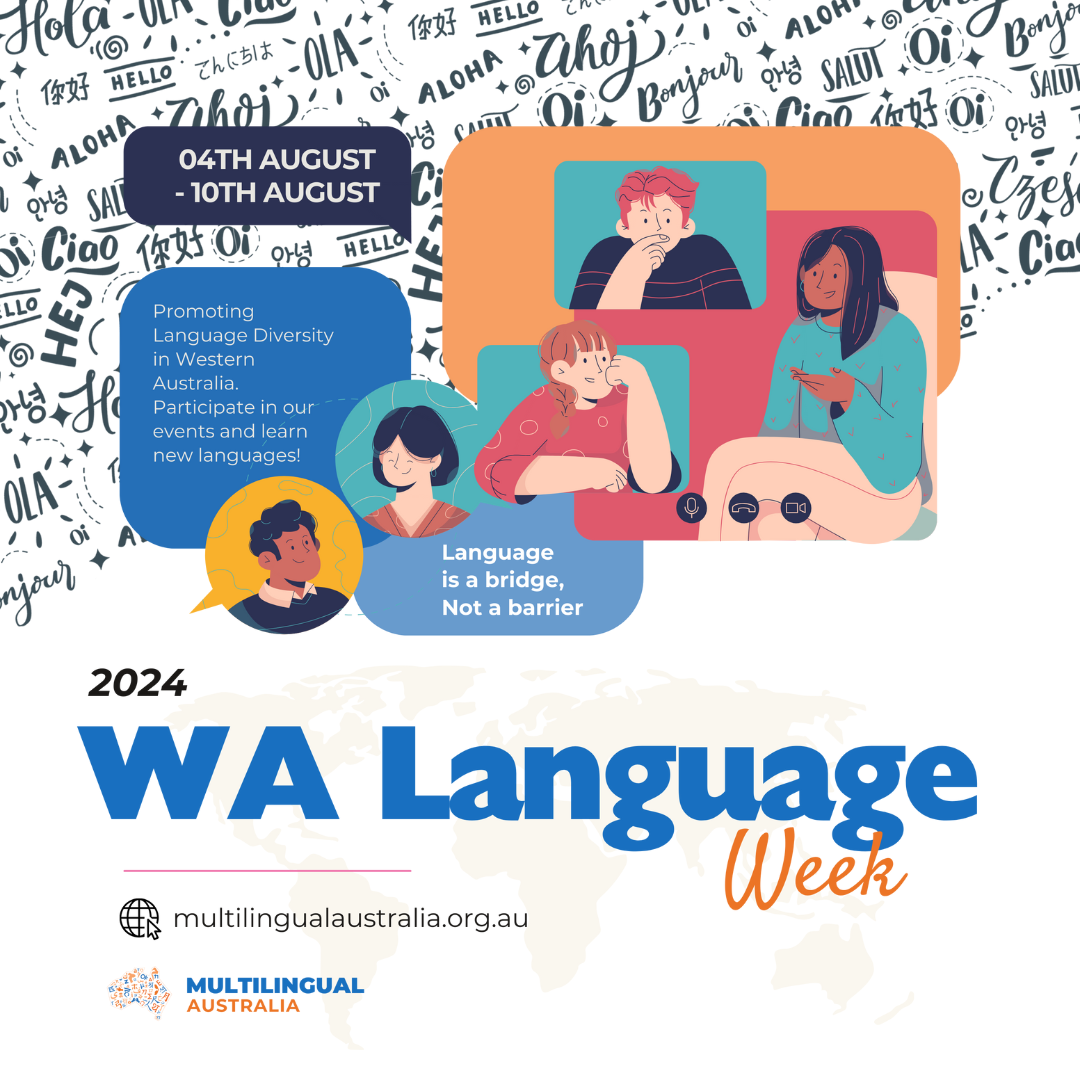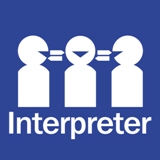
Overview
People who seek asylum in Australia face unique struggles in their desire for safety, justice and belonging. Over many years the social and political situation in this country has created isolation, fear and despair for refugees and asylum seekers. In response, we offer this hands-on and experiential training covering principles and practices from Narrative Therapy.
This skills-based workshop will be facilitated through a variety of teaching methods including specially developed guided exercises, demonstration interviews, stories from therapy, and group discussions. Day One and Day Two will be an introduction to narrative ways of working, covering foundational ideas and practices. Day Three and Day Four offer training in the powerful therapeutic methods of re-membering and the absent but implicit.
Day One and Day Two (Ian Percy)
Together we will consider how we can respond to distress, develop a shared commitment to justice, and bring forth dignity, whether the present circumstances seem hopeful, uncertain or desperate. The focus will be on assisting asylum seekers and refugees to speak about often unspoken lived experiences that enhance a valued sense of self and connect them to communities of safe belonging.
Day One Objectives:
- Overview of 4 days
- Understand stories and how we tell them
- Explore how we create a storied sense of self
- Understand power, resistance and its effects
- Use practice maps and questions as guides to therapeutic conversations
- Map the influence of the problem/s on the person
- Externalise distress with individuals, couples and families
- Plot the history of problems through time and context
- Identify and respond to statements of position
Day Two Objectives:
- Identify the values and ethics that shape this work
- Map the influence of the person on the problem/s
- Search for unique outcomes or exceptions to the problem/s
- Plot the history of constructive initiatives through time and context
- Identify and enact preferred and beneficial storylines
- Link chosen narratives to one’s purposes and values
- Bring mindful attention to the body: skills and cautions
Day Three and Day Four (Petrina Yates and Ian Percy)
The previous two days will be consolidated through focused skill development in re-membering and the absent but implicit in narrative conversations. These practices are especially important in addressing despair and anguish, while at the same time promoting hopefulness and even going beyond a despair/hope polarity.
Re-membering is a way of recollecting significant people who have shaped who we have become in important ways. With clients we can explore how they want to be consciously shaped in the future and who they want to identify with more, and who with less. In this workshop we will focus on vital human relationships that are honouring and sustaining of asylum seekers and refugees. Other kinds of re-membering conversations will be touched on as well including those which emphasise the seasons, food preparations, cultural/family rituals of belonging, pets and sport.
A clear, structured conversational process will be demonstrated to assist clients to
- speak about important qualities and attributes they treasure such as courage, compassion and determination
- evoke the memories of significant people who represent these qualities and attributes
- reflect on the contributions of re-membered people to their life
- reflect on their contributions to the life of the re-membered people
- stay close to the felt-presence of those re-membered as an antidote to despair and uncertainty
The absent but implicit recognises that we make sense of what happens to us by contrasting it with other experiences. Often these contrasted background experiences are related to what people give value to, what they treasure or cherish. Explicit recognition of implicit values creates the possibility of undermining the effects of cruel and unjust power relations, and of affirming and enriching what people hold as precious.
Day Three and Day Four Objectives:
- Create preferred ways to remain connected to relational ethics and principles of social justice, upholding dignity, and communities of safe belonging
- Apply understandings of the context and construct of re-membering and the absent but implicit
- Bring forth preferred memories and values as well as skills, qualities and attributes
- Enhance the embodied and affective experiences of these preferred memories
- Stay connected to desired re-membered others in the present
- Discuss re-membering where there is, or has been, complex relationships of ambivalence, distress or conflict
- Expand the idea of relational attachment beyond the interpersonal to include non-human beings, objects, the natural environment and the divine or spiritual
- Develop ways to identify implicit meanings and understandings and include them in conversations
- Engage in developing stories which emphasise people’s values and relational ethics or ways of living
Trainers
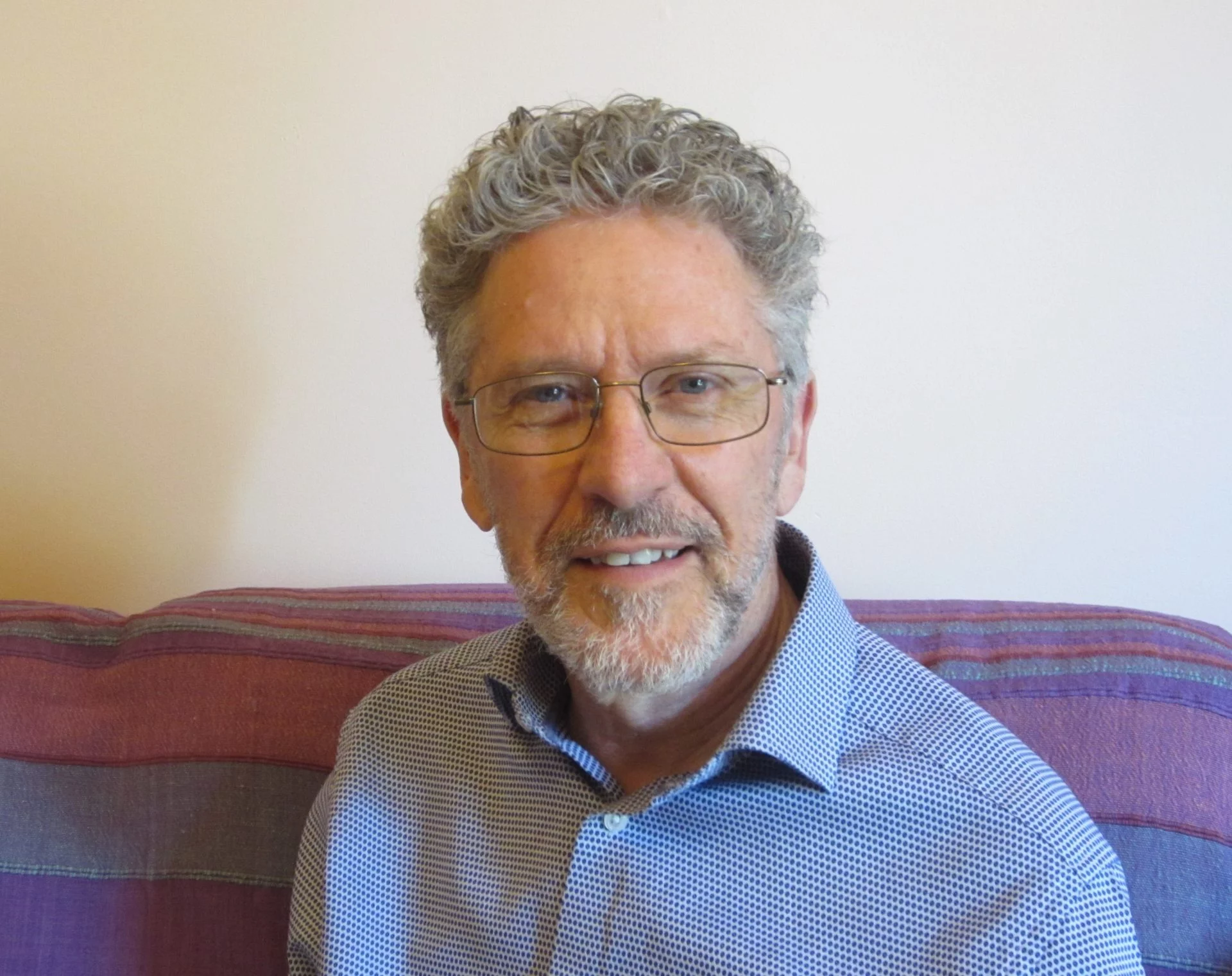
Dr Ian Percy MSW PhD
Ian is a therapist, supervisor, consultant, trainer and published author in narrative and mindfulness approaches. He is an Accredited Mental Health Social Worker, a Clinical Member of the Australian Association of Family Therapy and an Accredited Psychotherapy Supervisor with The Royal Australian and New Zealand College of Psychiatrists.
He teaches professional development courses in counselling and psychotherapy for social service agencies, universities and private organisations. Ian has specialised in training colleagues in Narrative Therapy since 1997. He has taught internationally and delivered workshops and papers at state, national and global conferences. Ian was a clinical supervisor for the Psychological Support Service on Christmas Island from 2011 to 2014.
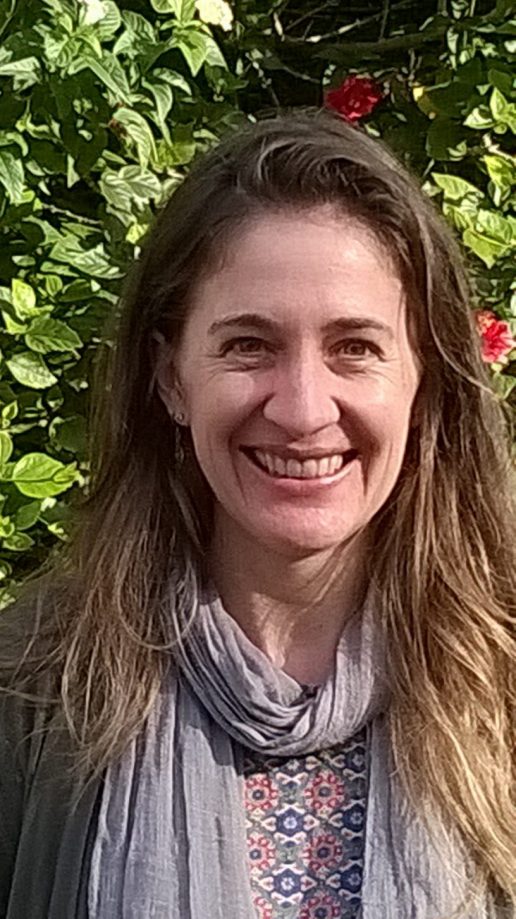
Petrina Yates AMHSW
Petrina is an Accredited Mental Health Social Worker with nearly 20 years’ experience working in Australia and internationally. She has completed postgraduate study with Harvard Medical School in Global Mental Health and recently completed a Graduate Diploma in Disaster and Emergency Management.
Petrina was a Torture and Trauma Counsellor with the Psychological Support Service on Christmas Island from 2012 to 2014. She has worked in government and non-government positions, including out-of-home care, parent support, housing, policy, training, adoption, and disabilities. Currently she is in private practice in Margaret River and utilises a collaborative approach when working with people, underpinned by Narrative Therapy, mindfulness, and Somatic Awareness and based on principles of social justice.
Event Details
When: 4-5 November and 25-26 November 2020, 9.30am to 4:00pm (Please note: This training is covered over four days – all days must be attended)
Where: ASeTTS Perth, 286 Beaufort Street, Perth, Western Australia
Cost:
Private = $880.00
Government = $780.00
NGO = $680
Registrations
- Registrations will close Sunday 1 November 2020 11.55pm.
Cancellation
- ASeTTS reserves the right to cancel events which do not achieve minimum participation, in which case all fees will be refunded.
- Registrations may be cancelled up to 14 working days prior to the day of the event with a full refund.
- Cancellations giving less than 10 working days notice will incur a 30% cancellation fee to cover administration costs.
- Fees will not be refunded for cancellations the day before or on the day of the event or for non-attendance.
- Organisations may send alternative candidates to attend the event if the original candidate is not available.
- By returning this form to register for ASeTTS Training you are consenting to the terms and conditions of payment and refunds
For more information contact training@asetts.org.au

